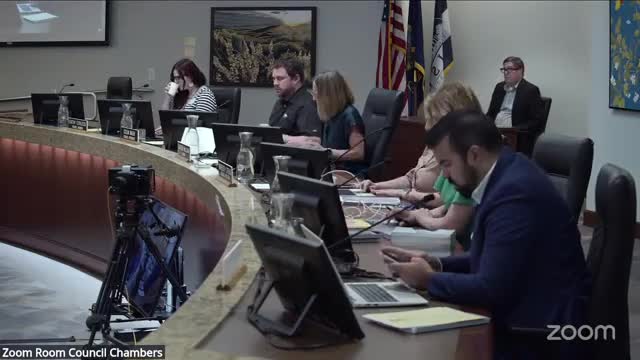Article not found
This article is no longer available. But don't worry—we've gathered other articles that discuss the same topic.
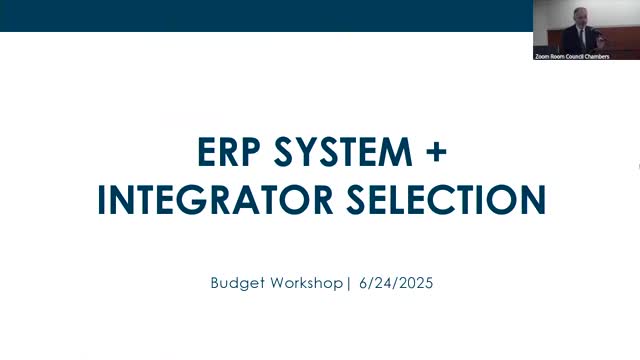
Boise begins year‑long ERP selection process; council asked to approve limited‑duration positions to support project
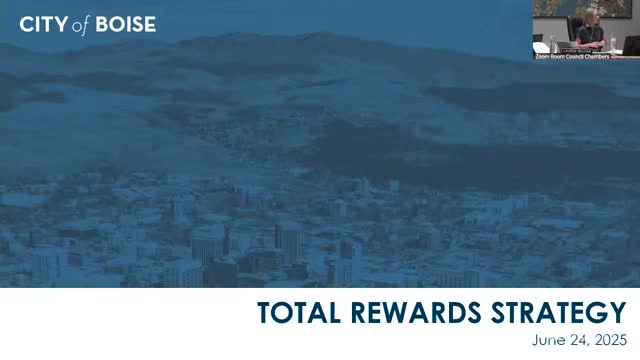
Boise proposes modest pay increase and flags long‑term health cost pressure; HR outlines retention and benefit strategy
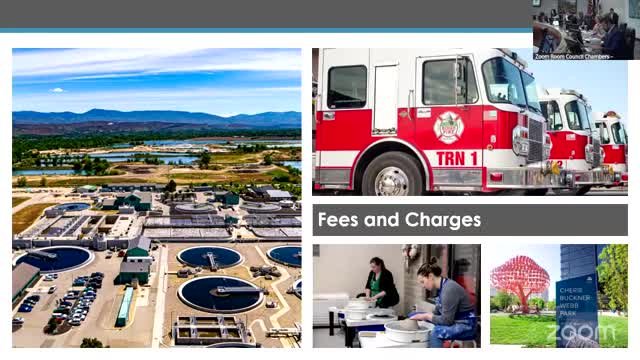
Boise proposes wide fee increases, impact fee updates and enterprise rate changes; public hearing set July 15
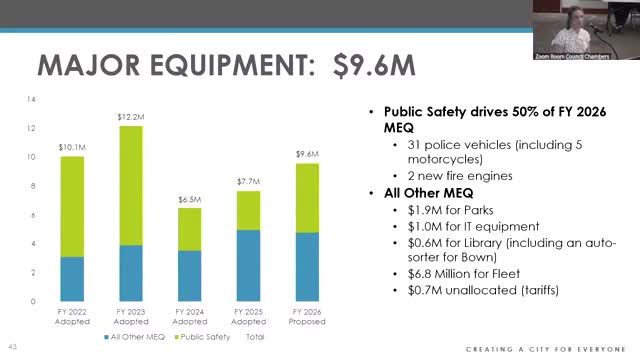
Boise shifts FY26 capital budget toward repairs and maintenance; Greenbelt and pool projects highlighted
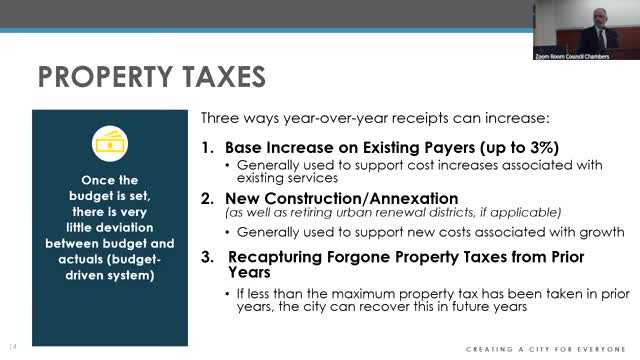
Boise budget proposal takes full 3% property tax increase, uses limited new‑construction capture; rebate program continues
